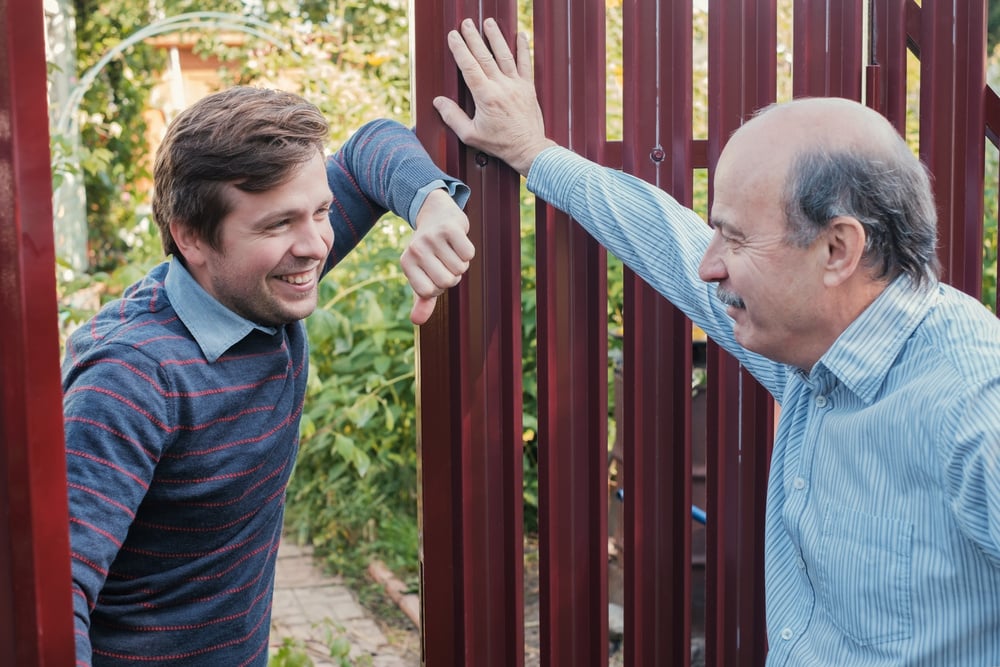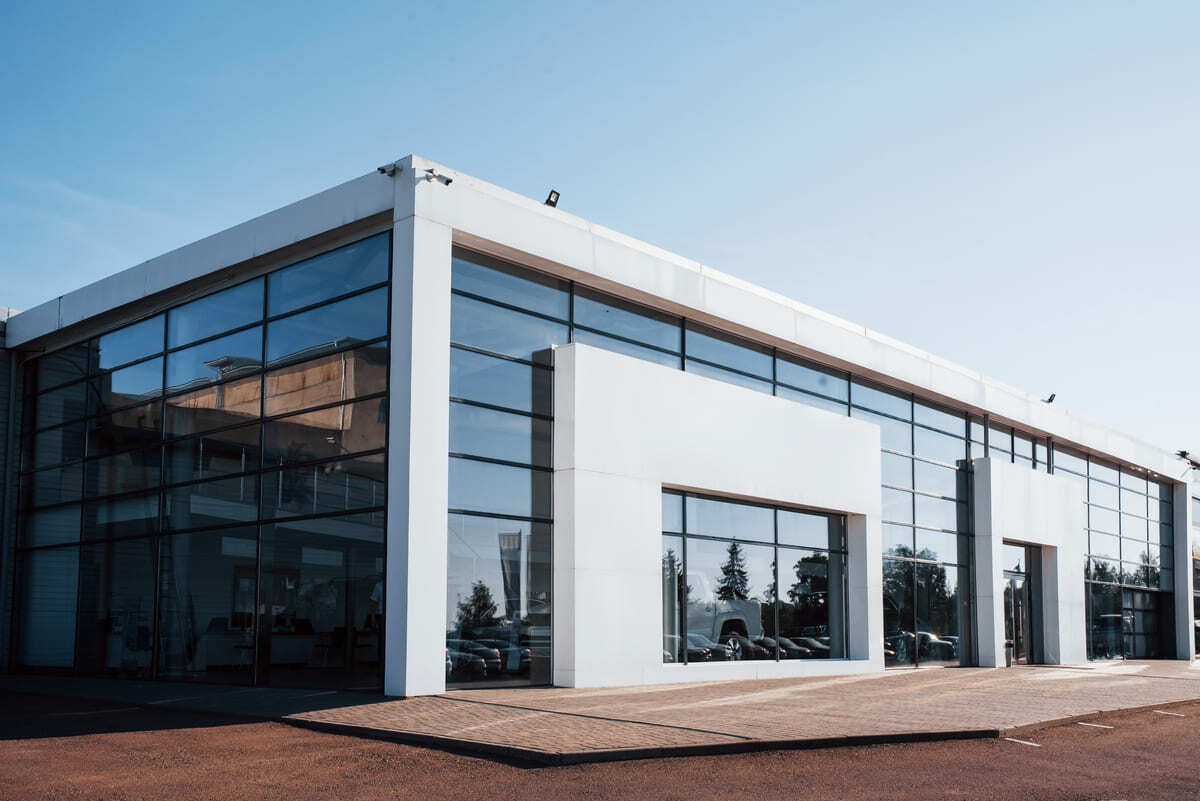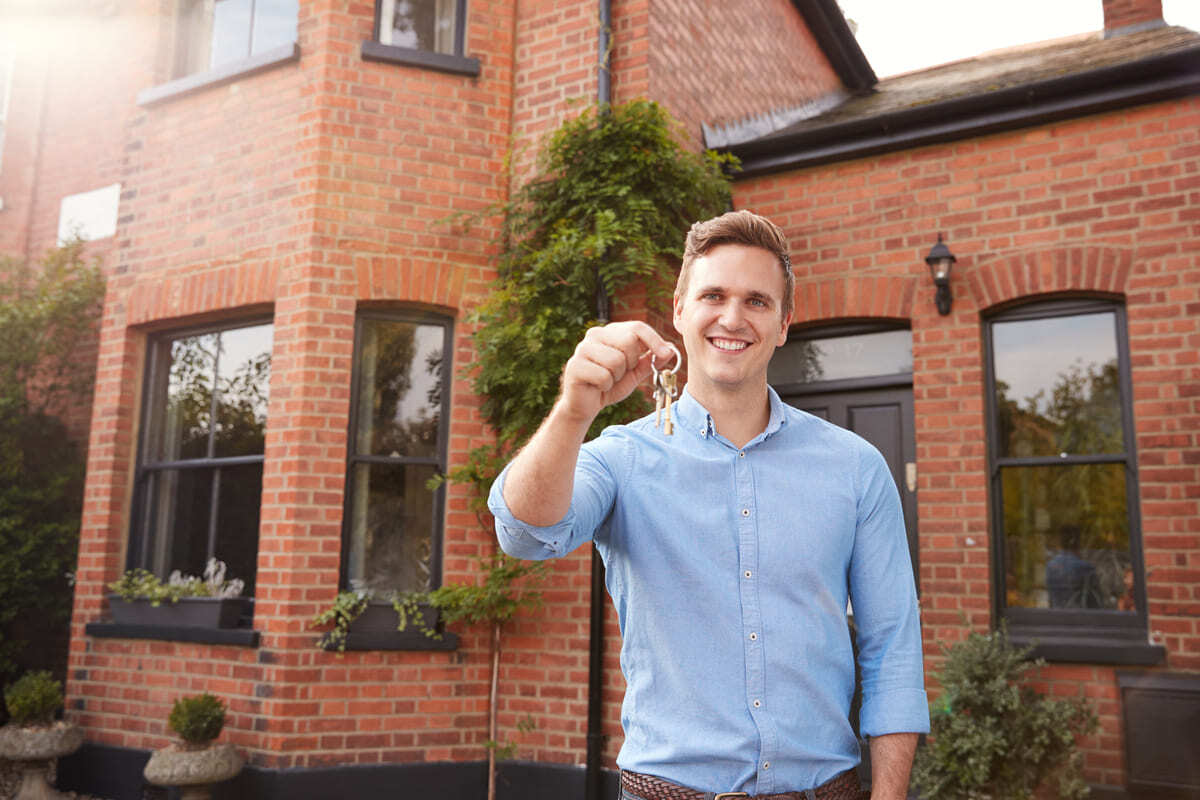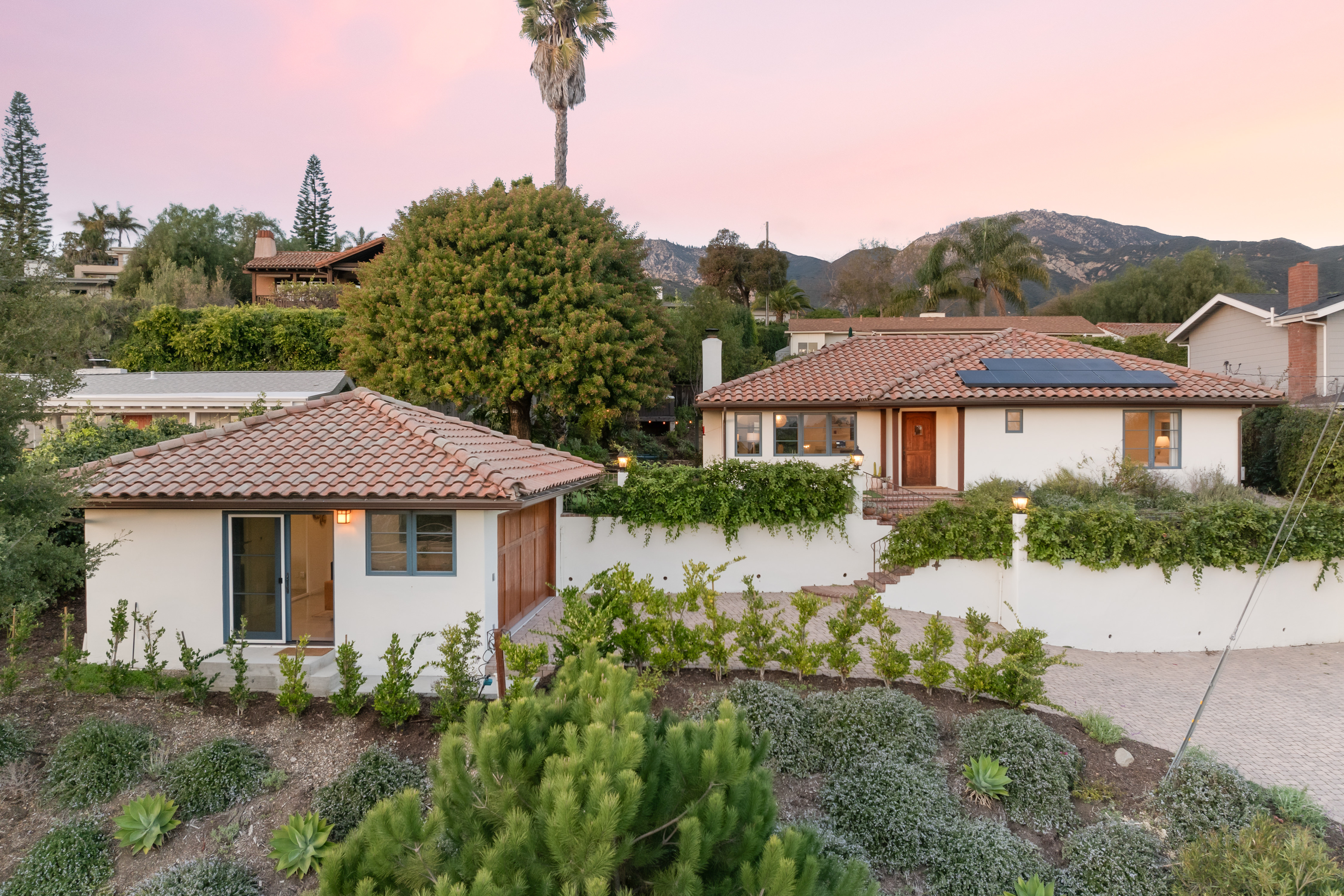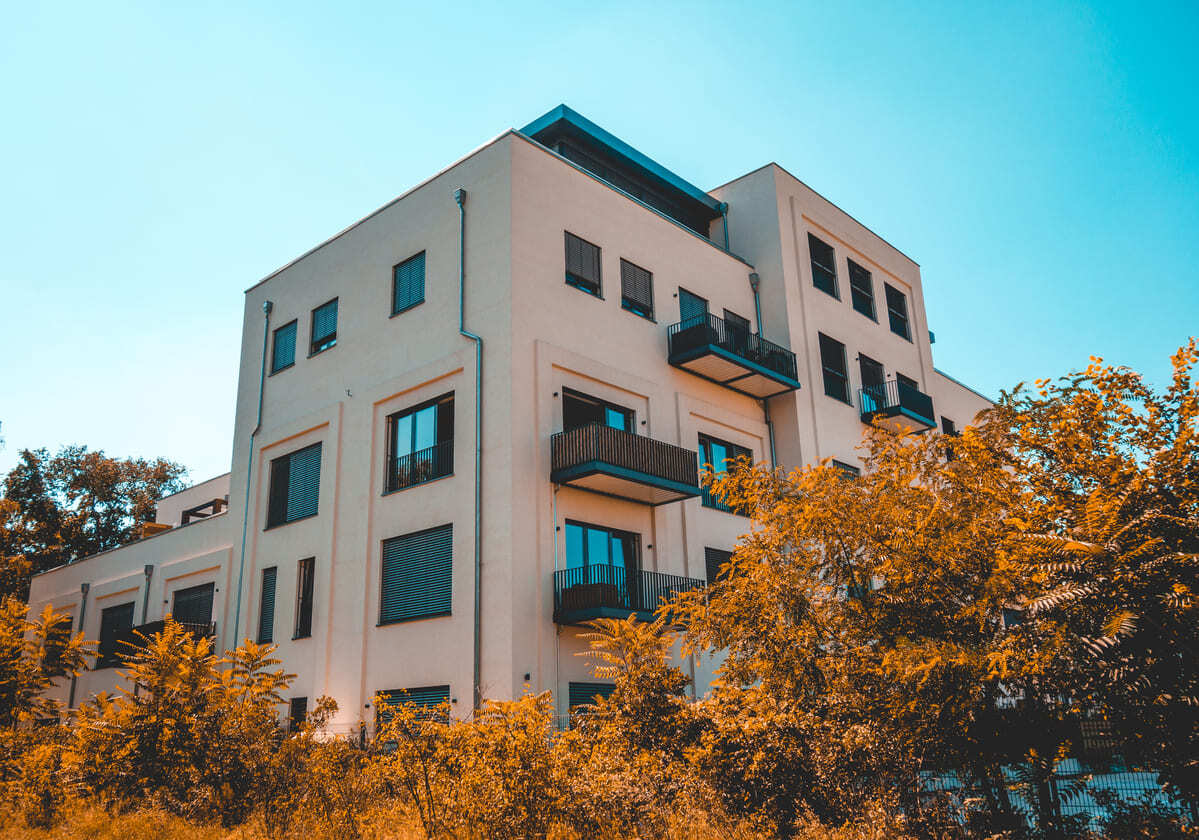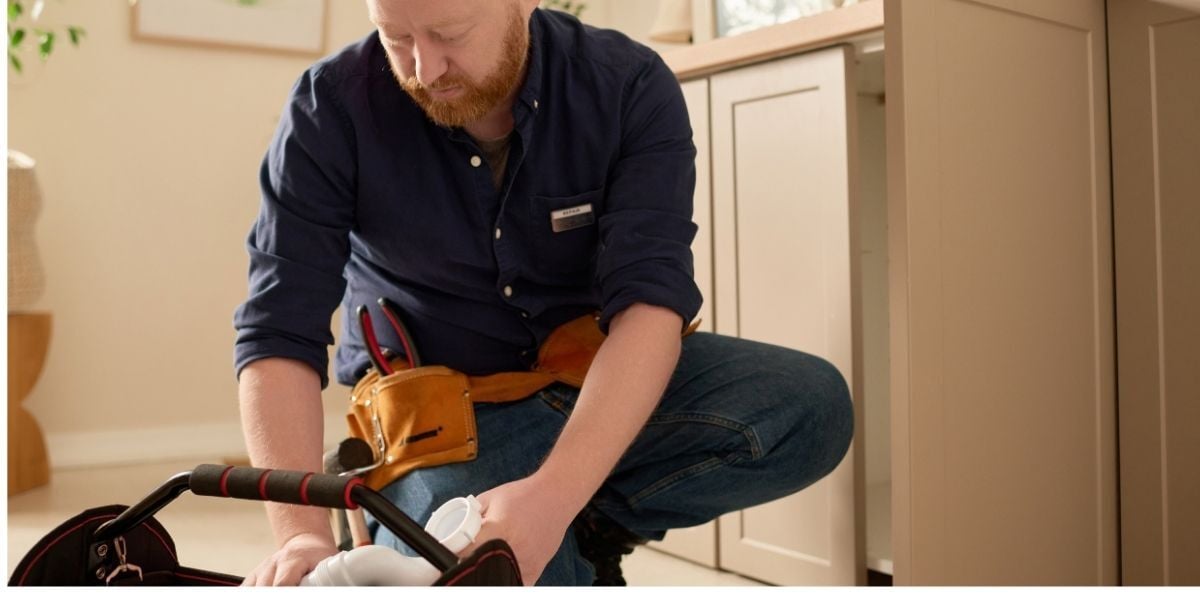
Investing in a rental property is a great way to create extra cash flow each month that can help pay your mortgage or other bills. But just because you have the money to purchase property doesn’t mean you have the knowledge or experience to manage the property. That’s why some investors choose to start with an owner-occupied rental, which can be a smart step for a first-time investment property owner looking to build a small investment portfolio. Here's a look at the concept of an owner-occupied rental and who should consider this investment option.
What is an Owner Occupied Property?
Owner-occupied property is a rental property that doubles as the owner’s primary residence. So, the rental property owner lives on sight and rents out a separate space in their home or on their property. Maybe you have a guest suite in your backyard that you don’t use and want to make some extra income. Or perhaps you own a small multifamily property and you want to live in one unit and rent out the others. Owner-occupied units are a great way to get started as a rental property owner because you don’t have to go through the process of closing on a separate property and you will be close by if anything happens. But they also have a few drawbacks.
What are the Benefits of an Owner-Occupied Property?
Occupying a property and renting out a portion of it has several benefits when it comes to financing and general upkeep. You’re likely already paying a mortgage on the property, so why not bring in some extra cash flow to help pay it off sooner. Plus, it makes the property easier to keep an eye on, because you’re right there if anything happens.
One of the major benefits is that you can obtain financing reserved for homeowners, as opposed to what is offered to investors. Financing for homeowners tends to be more affordable than the rates offered to investors and so you will be able to pocket even more profit from renting it out. Plus, you don’t have to go through the process of getting a second mortgage and taking on the additional risk.
Not to mention, property management and maintenance are much easier. If you're good around the house, you can take care of much of the routine maintenance yourself and if there are any emergencies, you can address them quickly. That way, you can reduce some of the costs associated with managing the property, so more of the rental income can go toward savings or paying off debt.
What are the Drawbacks of an Owner-Occupied Property?
There are also several drawbacks to owner-occupied rental properties. Privacy can be a major concern and you may have to vet your renters more thoroughly if you're going to be sharing a space or living in close proximity of each other. This may not be a major concern, depending on the layout of the property. But some rental property owners like having a bit of distance between themselves and their renters.
Plus, you may be expected to respond to issues more quickly than if you lived farther away. If your renter knows you're home, they may expect you to respond to an issue immediately and may get angry if you can't get to it right away. However, if you lived on the other side of town you could take your time more easily.
Occupying and renting out the same property can complicate your taxes as well, because you may not be able to write off certain expenses related to upkeep that you could if it were a regular investment property. So, be prepared to consult a tax expert.
Who Should Consider an Owner-Occupied Rental?
Owner-occupied rentals are a great way to dip your toes into real estate investing because they offer convenience and lower risk than purchasing a separate investment property. They are also smart for those who have the extra space to fill and don’t mind having a renter living onsite.
You’ll have to carefully vet the renter to be sure that you won’t mind living in the same space. Because if you don’t get along, the situation can become more awkward than if it were a normal investment property.
But, as long as you do your due diligence, your owner-occupied rentals can be a great way to earn passive income, without the added risks of purchasing an additional property.
